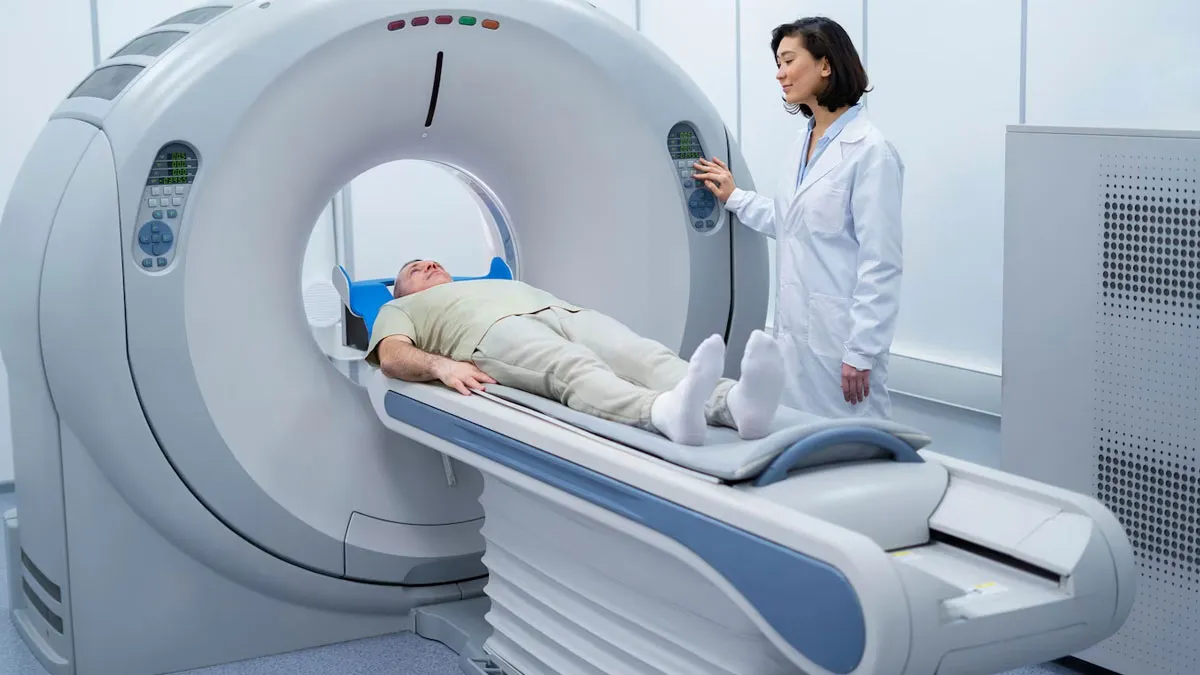
We live in an age where medical technology can uncover what the naked eye can’t, and CT scans are a major part of that advancement. But with growing chatter around radiation exposure and potential cancer risks, it’s natural to wonder: how much is too much?
Table of Content:-
We spoke to our expert Dr Meghal Sanghavi, Oncosurgeon, Wockhardt Hospitals, Mumbai Central, who explained the role of CT scans in detecting cancer, its benefits, and risk factors.
CT Scans: A Powerful Diagnostic Tool
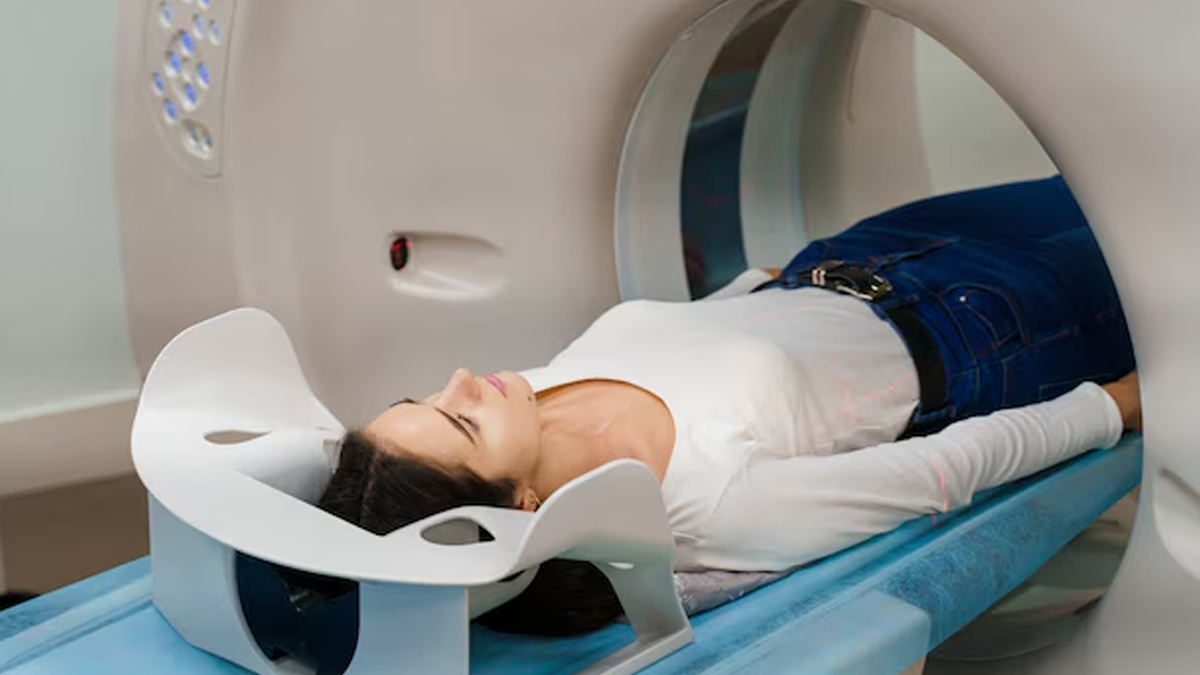
A CT (computed tomography) scan isn’t your everyday X-ray. It provides highly detailed cross-sectional images of the body and is often the go-to tool when doctors need clarity in a hurry. CT scans show detailed internal pictures and are usually essential in diagnosing life-threatening illnesses, such as internal bleeding, blood clots, or cancer. Although it is true that they expose people to more radiation than regular X-rays, their benefits usually supersede the risks when properly used.
When Is a CT Scan Needed?
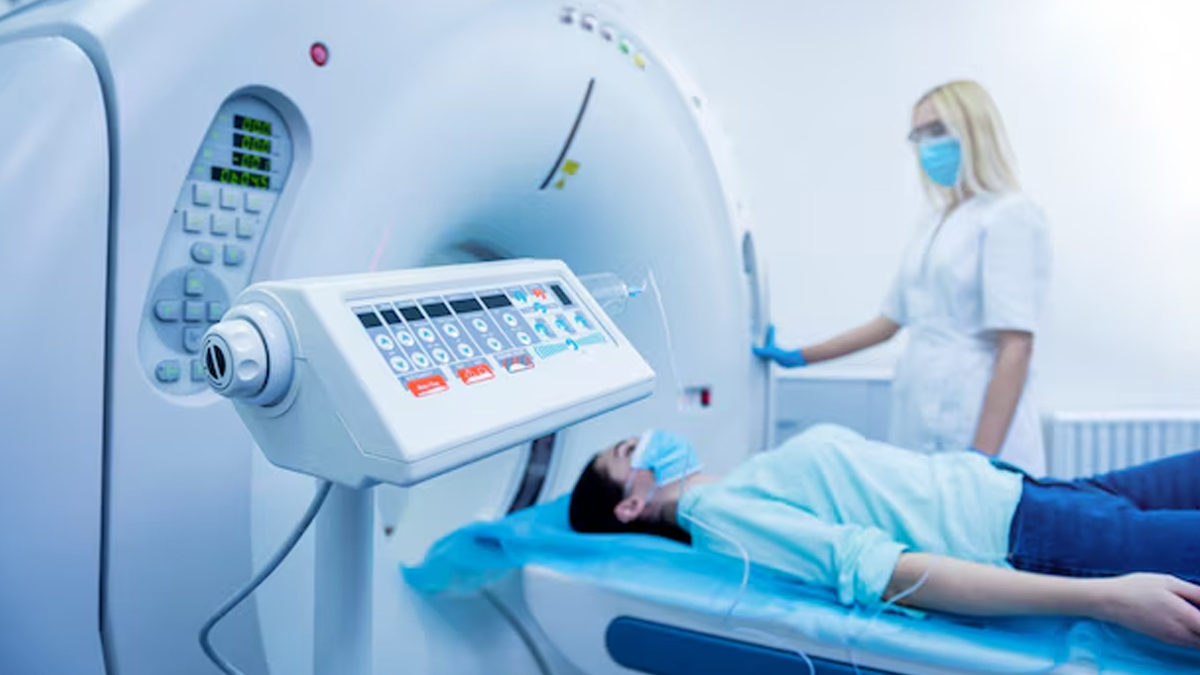
"A CT scan is never prescribed casually. Qualified doctors weigh several factors before deciding on your symptoms, medical history, and the urgency of the situation. Every CT is done only when warranted and is the need of the hour for accurate diagnosis or urgent intervention," added Dr Sanghavi.
For instance, if you're in an emergency room with severe abdominal pain or a suspected stroke, waiting it out or avoiding a scan could be far more dangerous than the radiation from the scan itself.
Also Read: Full-Body Scan For Cancer: Expert Explains If It Is Safe And Things You Should Know
What About the Cancer Risk?
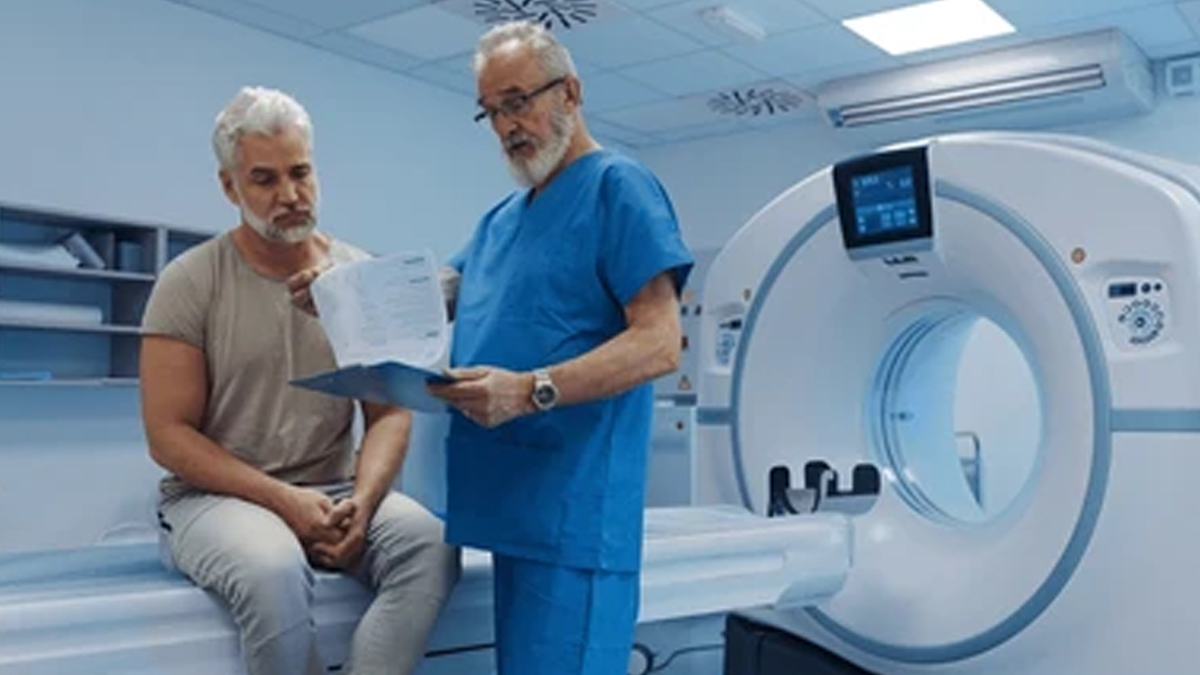
"There is a theoretical cancer risk associated with repeated radiation exposure, but it’s extremely small and accumulates over time. The occasional scan doesn’t put you at significant risk. The danger lies in unnecessary or frequent scans without proper clinical justification, which is why protocols are so strict," explained Dr Sanghavi.
Radiation from a single CT scan is carefully calibrated, and the doses today are much lower than they used to be a decade ago. Modern machines and updated scanning protocols help minimise exposure, especially in children and younger adults more sensitive to radiation.
According to a 2008 study, the average radiation dose from a CT scan ranges from 10-20 millisieverts (mSv), which corresponds to a lifetime risk of fatal cancer estimated at one in 2,000 scans. The radiation exposure from undergoing three or four CT scans is roughly comparable to what atomic bomb survivors in Japan experienced when they were one to two miles away from "ground zero."
While this shocking statistic has been debated due to variations in the type and length of radiation exposure, it could effectively persuade a patient to decline a CT scan that the physician deems unnecessary. However, in emergency medicine, CT scans are undeniably vital, providing potentially life-saving information for more than one in 2,000 patients, the study noted.
Your Doctor’s Decision Isn’t Taken Lightly
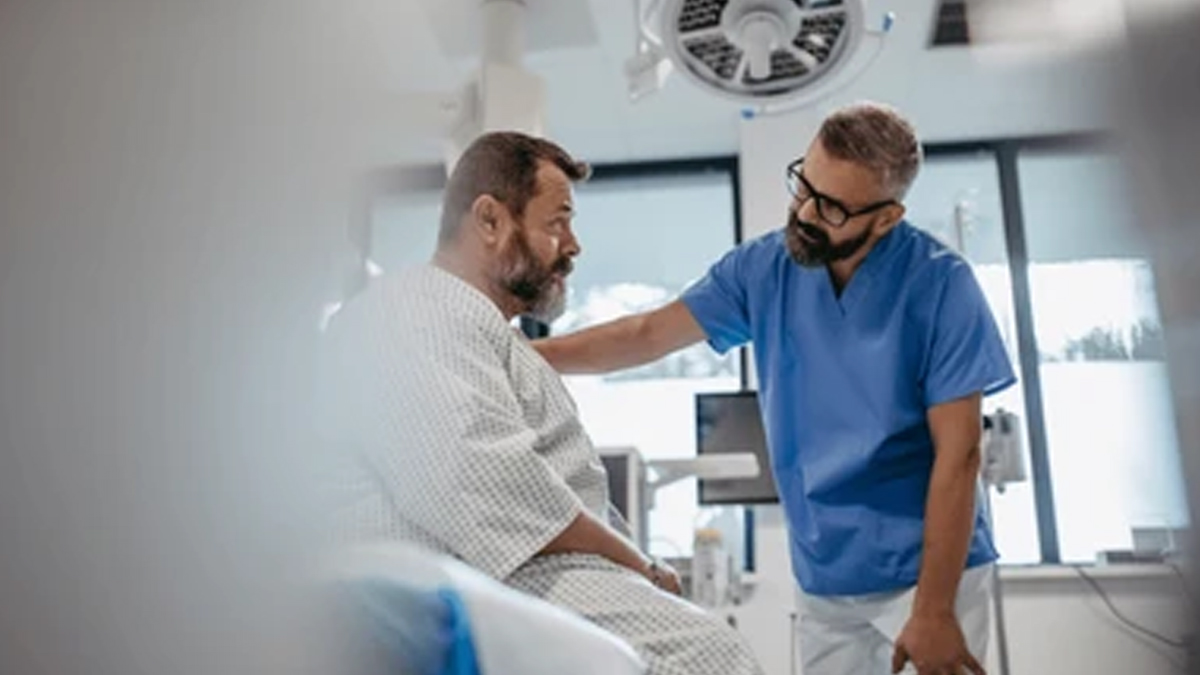
"It’s important to trust that medical professionals don’t recommend CT scans unless necessary. No scan is done in isolation, doctors follow evidence-based guidelines, consult with radiologists, and consider alternate imaging methods (ultrasound or MRI) when appropriate," said Dr Sanghavi.
The medical community should follow all strict protocols to ensure radiation doses are kept as low as possible. There are clear guidelines in place. Advanced machines today use significantly lower doses, and every scan is carefully evaluated for necessity.
What You Should Know
Dr Sanghavi concluded, "While being informed is important, patients should not panic or refuse a scan out of fear. Avoiding a CT scan when your doctor advises it could delay a critical diagnosis. When prescribed by your doctor, a CT scan is not a threat; it’s a tool that can potentially save your life. If you ever feel unsure, don’t hesitate to ask why a scan is being recommended. A good doctor will always explain the reasoning and help ease your concerns."
[Disclaimer: This article contains information provided by an expert and is for informational purposes only. Hence, we advise you to consult your professional if you are dealing with any health issue to avoid complications.]
Also watch this video
How we keep this article up to date:
We work with experts and keep a close eye on the latest in health and wellness. Whenever there is a new research or helpful information, we update our articles with accurate and useful advice.
Current Version
